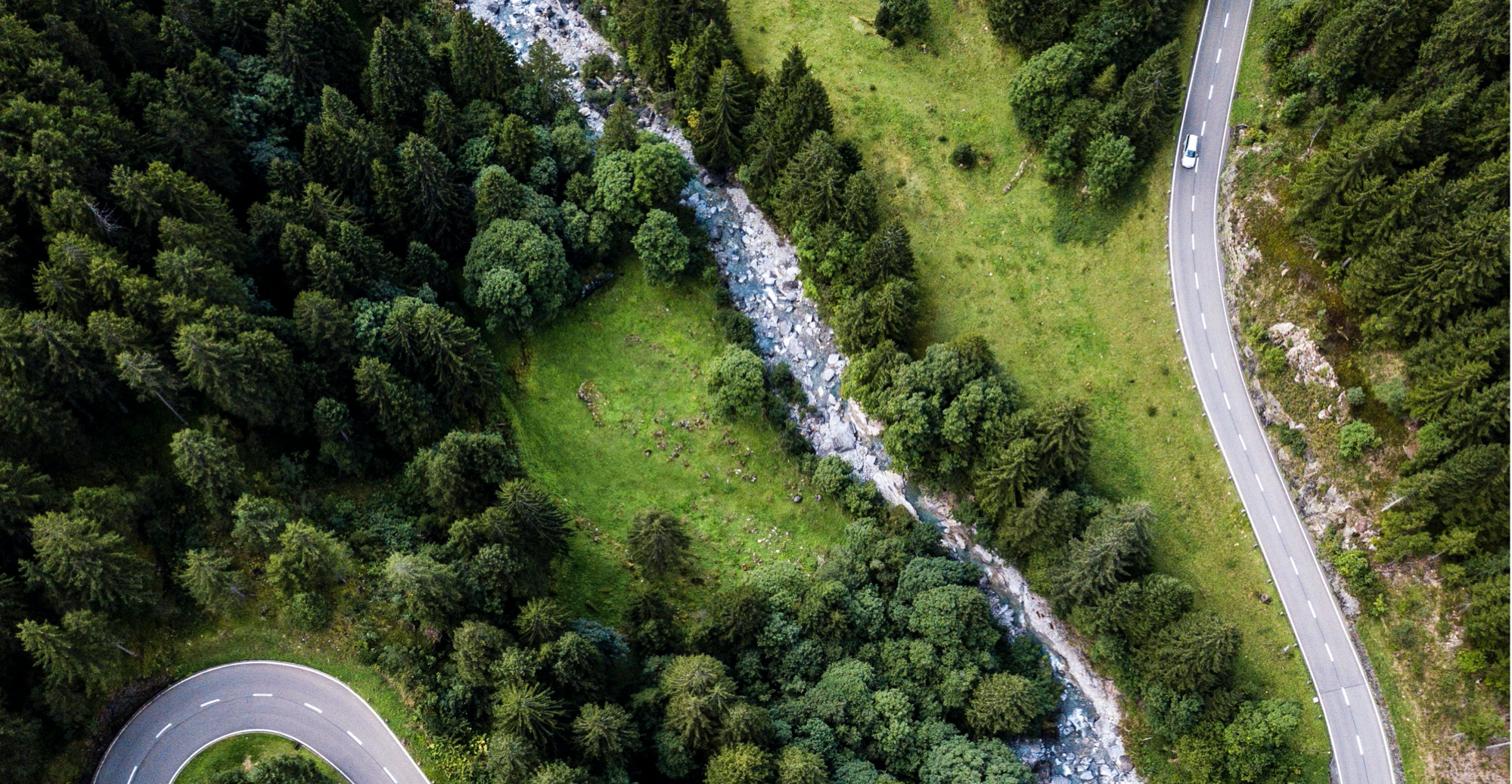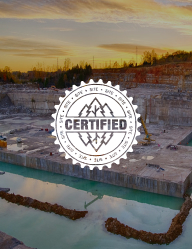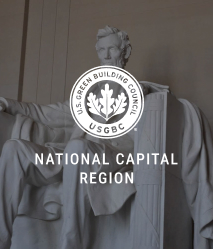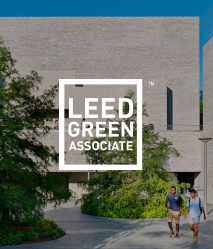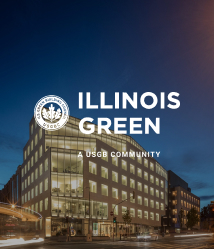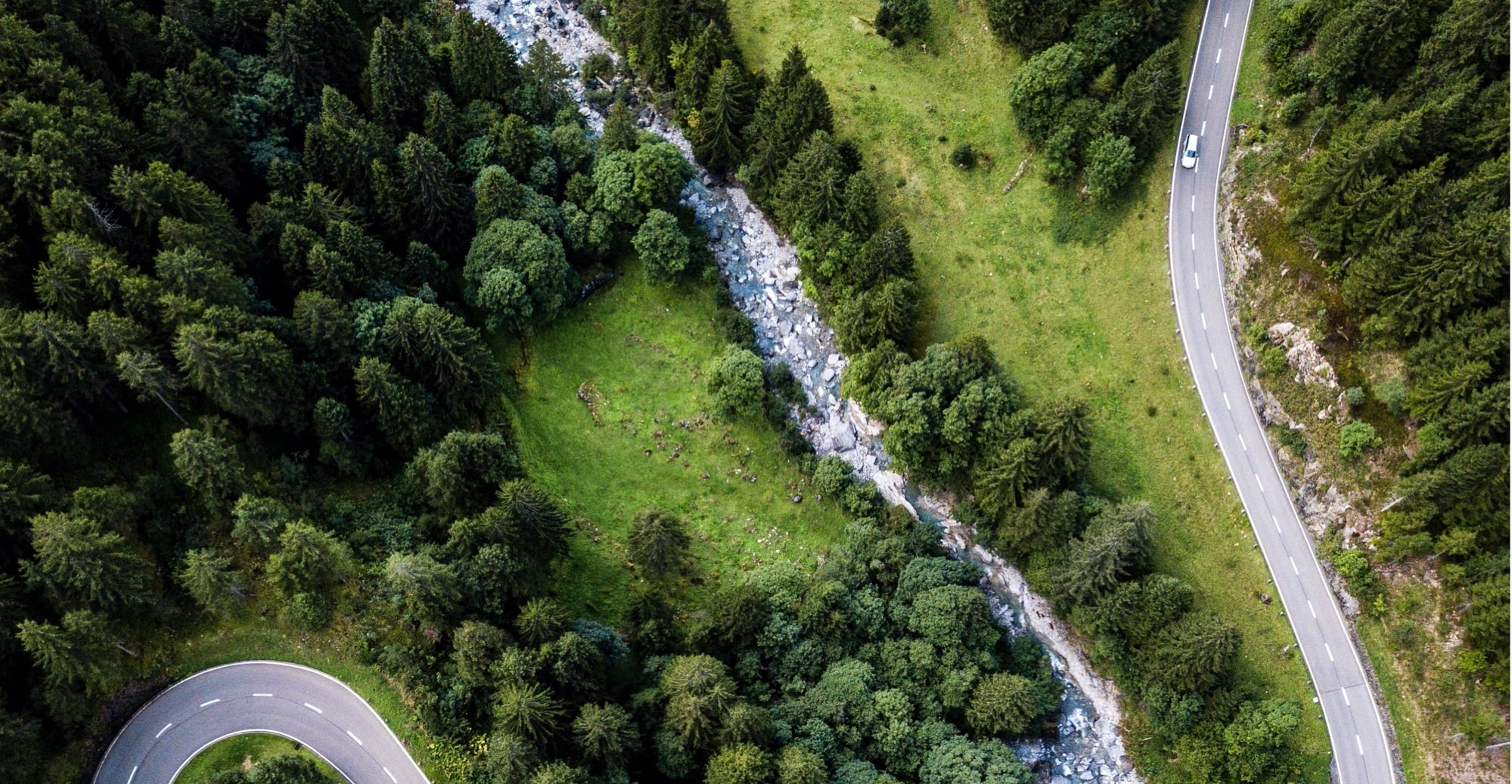
Naturally Sustainable
Expanding the Reach of Stone as the Naturally Sustainable Material
Our Roadmap
By offering one of the lowest embodied carbon materials on the market, Polycor plays a key role in its sector to help architects, governments and citizens reach their environmental goals.
We recognize that progress requires not just a bold goal, but the very first step is taking responsibility for our carbon footprint.
We talk the talk, but we also walk the walk. Our people are constantly looking to improve our overall performance and innovate in several central areas to reduce our carbon footprint.
Improving our energy efficiency with a reduction of energy intensity of 10%.
Switching our vehicles and equipment to electric models by electrifying 30% of our light vehicle fleet.
Converting our building heating system to an efficient and low-carbon source of energy.
Reaching 50% of renewable energy consumption by 2025.
Implementing improved forest management practices and afforestation programs to enhance our own carbon sink.
Our Sustainability Highlights
14
NSI 373 certified sites
10%
Reduction of GHG emissions in 2022
20%
Renewable Energy
Use of Rainwater
Explore nature stone
A product from the Earth, for the Earth
At Polycor, sustainability is in our DNA. Our products are 100% natural, organic, and created by Mother Nature herself!
While the environment is a major element of sustainability, the origin of the stone you buy is just as important. Locally quarried natural stone has its advantages and the impact you have on your community is of utmost importance. With 2030 being identified as the crucial point to limit catastrophic climate change, every effort makes a difference.
Polycor is committed to leaving a better world to future generations. A Naturally Sustainable™ world.
Polycor owns a clear chain of custody on all its natural stones.
Polycor is committed to good corporate governance.
Polycor protects the Health and Safety of its workers.
Improve our environmental practices by improving our efficiencies in operations and protecting biodiversity at our sites.
Our Partners In Stone Sustainability
